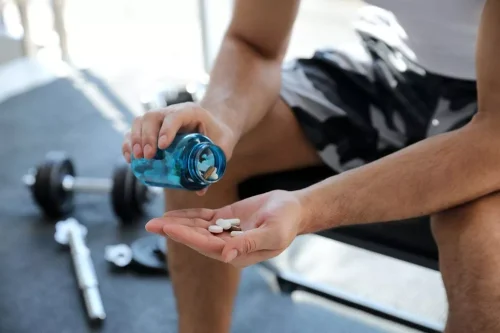Teixeira, a Taunton native, dealt with addiction as a teenager. He underwent an 18-month residential treatment program with Adult & Teen Challenge in Brockton. He doesn’t regret the experience, he said, because it also set him on his career path in addiction recovery and counseling.
Understanding alcohol addiction
Getting drunk with your buddies, for example, even though you know your wife will be very upset, or fighting with your family because they dislike how you act when you drink. Using alcohol in situations where it’s physically dangerous, such as drinking and driving, operating machinery while intoxicated, or mixing alcohol with prescription medication struggling with alcohol addiction against doctor’s orders. If your drinking is causing problems in your life, then you have a drinking problem. The first step is to know that your questions and feelings are normal. The next step is to talk to someone about those feelings. Having goals to work toward and something to look forward to can be powerful antidotes to drug addiction.
Find support for your addiction recovery
- This may mean giving up certain friends and social connections.
- Treatment and education can help adults learn techniques for handling urges and ways of accepting and managing negative emotions.
- Many drinking problems start when people use alcohol to self-soothe and relieve stress (otherwise known as self-medicating).
- To avoid a relapse at this stage, your mental health is vital.
Millions of adults in the United States have alcohol use disorder (AUD), and approximately 1 in 10 children live in a home with a parent who has AUD. Your friend or loved one may also vow to cut back on their own. Ask for concrete commitments https://ecosoberhouse.com/ and then follow up on them. AUD is treatable and generally requires professional help. But what you cando is support your loved one in their recovery. And above all else, take steps to keep you and the rest of your household safe and healthy.
Types of Treatment
- Please donate today to help us save, support, and change lives.
- For more information, please visit the NIAAA Alcohol Treatment Navigator®, an online tool that helps individuals find the right treatment for them—and near them.
- Addiction not only involves the individual suffering from the substance use disorder, but their partner, their family, and their friends as well.
- Mental health and wellness tips, our latest guides, resources, and more.
- The important thing to remember is that relapse doesn’t mean drug treatment failure.
What matters is that you keep making an effort to move toward recovery. If you feel you can confide in a friend and gain their support, they may be able to help you with the next stages of your recovery. Alcoholics Anonymous or another 12-step program can provide peer support to help you recover. Your healthcare professional might recommend one or a combination of the following approaches, depending on what they think might work best based on your specific situation and needs.
Talk to someone

Your health care provider or mental health provider will ask additional questions based on your responses, symptoms and needs. Preparing and anticipating questions will help you make the most of your appointment time. For serious alcohol use disorder, you may need a stay at a residential treatment facility.

It’s the EFFECTS of your drinking that define a problem. I don’t drink every day OR I only drink wine or beer, so I can’t be an alcoholic. For example, you may blame an ‘unfair boss’ for trouble at work or a ‘nagging wife’ for your marital issues, rather than think about how your drinking is contributing to the problem. While work, relationship, and financial stresses happen to everyone, an overall pattern of deterioration and blaming others may be a sign of trouble.

If you feel that you sometimes drink too much alcohol, or your drinking is causing problems, or if your family is concerned about your drinking, talk with your health care provider. Other ways to get help include talking with a mental health professional or seeking help from a support group such as Alcoholics Anonymous or a similar type of self-help group. Alcohol is a drug, and alcoholism is every bit as damaging as drug addiction.
Causes and risk factors
- Make a note about how you feel physically and mentally on these days—recognizing the benefits may help you to cut down for good.
- Someone with an alcohol addiction who has remained sober for months or years may find themselves drinking again.
- Read, see friends, go to a movie, immerse yourself in a hobby, hike, or exercise.
- It is intended as a resource to understand what treatment choices are available and what to consider when selecting among them.
- Anything I need, they have helped me get,” said Joe Nekos, a member in recovery at the center.

